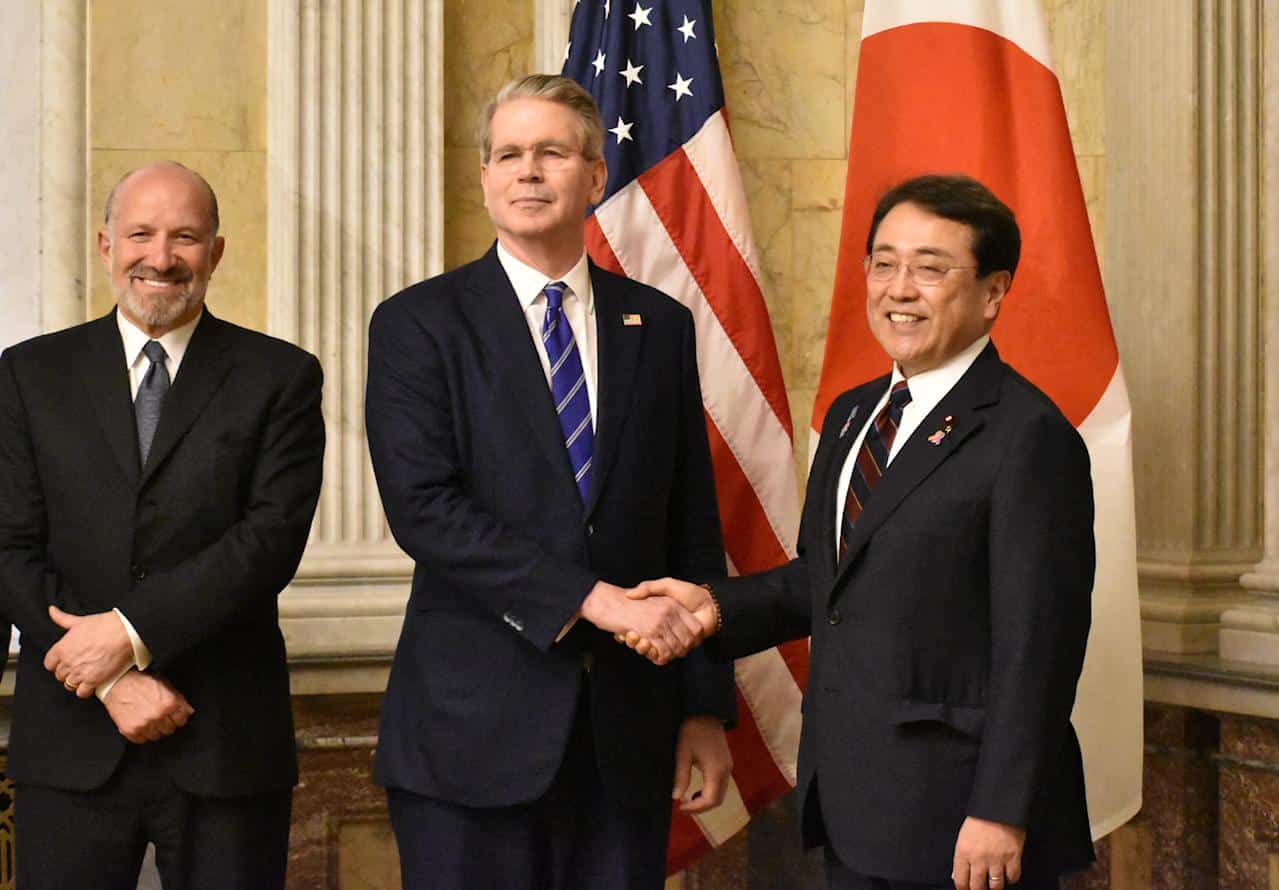US Treasury Calls on EU and G7 to Implement Significant Tariffs on China and India

The United States Treasury is taking a firm stance against countries purchasing Russian oil, urging its G7 and European Union allies to impose significant tariffs on imports from China and India. This call to action comes as President Donald Trump has implemented a 25% duty on Indian imports, raising the total tariffs on Indian goods to 50%. The move aims to pressure India to cease its oil purchases from Russia amid ongoing tensions related to the Ukraine conflict. Meanwhile, the U.S. has chosen not to impose additional tariffs on Chinese products, maintaining a delicate trade balance with Beijing.
U.S. Treasury’s Call for Tariffs
The U.S. Treasury has organized an urgent conference with G7 nations to discuss enhanced measures against Russia in light of the ongoing conflict in Ukraine. A Treasury representative emphasized that the purchases of Russian oil by China and India are financially supporting President Vladimir Putin’s military actions. The representative stated, “Chinese and Indian purchases of Russian oil are funding Putin’s war machine and prolonging the senseless killing of the Ukrainian people.” The Treasury is urging its allies to join in imposing meaningful tariffs that could be lifted once the war concludes. This coordinated effort aims to pressure both nations into reconsidering their oil acquisition strategies.
Impact on U.S.-India Trade Relations
President Trump’s recent decision to impose a 25% tariff on Indian imports has significantly impacted trade relations between the two countries. This new tariff brings the total punitive tariffs on Indian goods to 50%, complicating ongoing trade discussions. The administration’s strategy appears to be focused on leveraging economic pressure to influence India’s foreign policy regarding Russian oil. The U.S. hopes that these measures will encourage India to align more closely with Western efforts to isolate Russia economically. However, the increased tariffs may also strain bilateral relations, as India navigates its own energy needs and diplomatic ties.
China’s Trade Balance Considerations
In contrast to its approach with India, the Trump administration has opted not to impose further tariffs on Chinese imports, despite China’s continued purchases of Russian oil. This decision reflects a careful consideration of the trade balance between the U.S. and China, which has seen reciprocal tariffs previously exceed 100%. The U.S. is likely weighing the potential economic repercussions of escalating trade tensions with Beijing against the backdrop of its broader geopolitical strategy. Treasury Secretary Scott Bessent is set to meet with Chinese Vice Premier He Lifeng to discuss various trade matters, including U.S. requirements for TikTok and concerns over money laundering.
Future Measures and International Cooperation
During a recent Fox News appearance, President Trump expressed frustration with Russian President Vladimir Putin, indicating a desire for stronger measures to address the ongoing conflict. While he did not specify new sanctions, he mentioned the possibility of enhanced sanctions targeting banking institutions and the oil sector. Trump underscored the importance of European nations’ involvement in these efforts, stating, “We’re going to have to come down very, very strong.” A Treasury spokesperson reiterated the necessity of coordinated action with G7 allies to effectively counter Russia’s actions. The administration is keen on fostering a united front among its partners to address the challenges posed by the war in Ukraine.
Observer Voice is the one stop site for National, International news, Sports, Editor’s Choice, Art/culture contents, Quotes and much more. We also cover historical contents. Historical contents includes World History, Indian History, and what happened today. The website also covers Entertainment across the India and World.
Follow Us on Twitter, Instagram, Facebook, & LinkedIn

